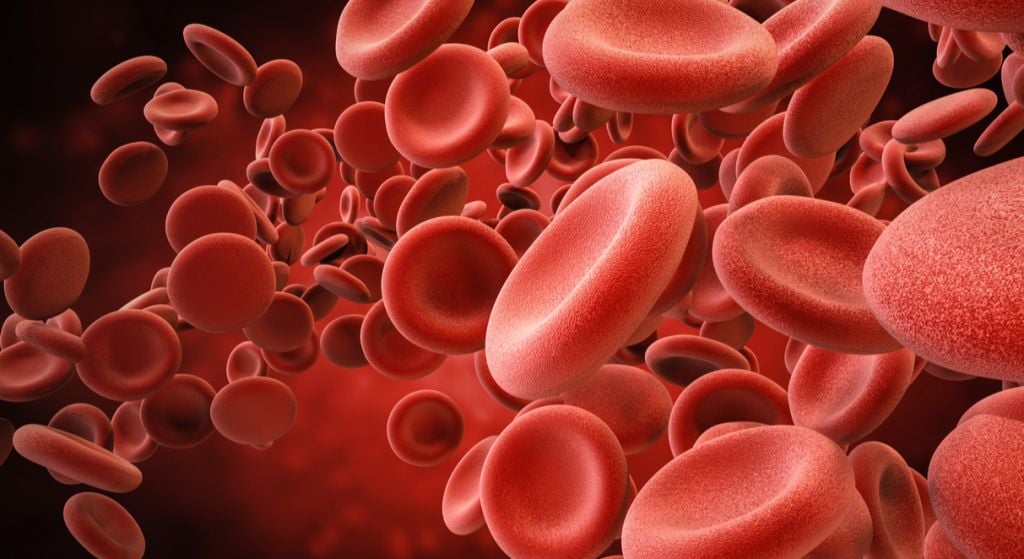A phase 2 clinical study of bitopertin in patients with erythropoietic protoporphyria (EPP) or X-linked protoporphyria (XLP) has been initiated by Disc Medicine.
The announcement of the study, called BEACON, was made August 10.
EPP or XLP belong to a group of the porphyria disorders, which are all characterized by abnormally high levels of chemicals, called porphyrins, in the body due to deficiencies of certain types of enzymes essential to the synthesis of hemoglobin.
Hematologic diseases
U.S.-based Disc Medicine focuses its work on discovering and developing novel therapeutic candidates for the treatment of serious and debilitating hematologic diseases including EPP and XLP.
Bitopertin is an oral, selective inhibitor of glycine transporter 1 (GlyT1) designed to modulate heme biosynthesis, and has been shown in preclinical studies to reduce accumulation of protoporphyrin IX (PPIX), the toxic metabolite that causes disease pathology in EPP and XLP patients.
John Quisel, chief executive officer at Disc Medicine, said: “The initiation of the BEACON phase 2 study is an important milestone as it marks the first time bitopertin will be evaluated as a potential, disease-modifying therapy in patients with porphyria. It builds upon our previous studies in animal models of EPP and XLP, which demonstrated that bitopertin can significantly reduce protoporphyrin IX.
Development program
“This is the second development program that Disc has successfully advanced into patient studies in the past few months. I want to thank our entire team for the tremendous effort that has brought us to this point and for their tireless dedication to patients.”
The BEACON phase 2 study is a randomized, open-label, multiple dose clinical trial designed to evaluate the safety, tolerability, and efficacy of bitopertin in patients with EPP or XLP. It is designed to enroll approximately 20 patients at sites in Australia.
The study will primarily assess changes in levels of PPIX as well as the pharmacokinetic profile, safety and tolerability of bitopertin in EPP or XLP patients. It will also include measures of photosensitivity, daylight tolerance, pain and exploratory biomarkers of hepatobiliary disease.
Patients will receive orally-administered bitopertin for 24 weeks at doses of either 20 mg once-daily or 60 mg once-daily. Upon completion of the 24-week treatment period, patients may continue on bitopertin for an additional 24 weeks.
Complications
Robert Desnick, inaugural chair emeritus of the Department of Genetics and Genomics at Mount Sinai, said: “EPP and XLP are severe, debilitating and rare diseases that impact multiple dimensions of patients’ lives, spanning severe and painful phototoxic reactions, complications of hepatobiliary disease, and a major toll on psychosocial development and quality of life. There is an immense need for novel therapies, particularly ones that address the underlying pathophysiology.
“We are excited by the initiation of this clinical trial of bitopertin and its potential effects on PPIX, the molecular driver of these porphyrias and a major determinant of disease severity.”





